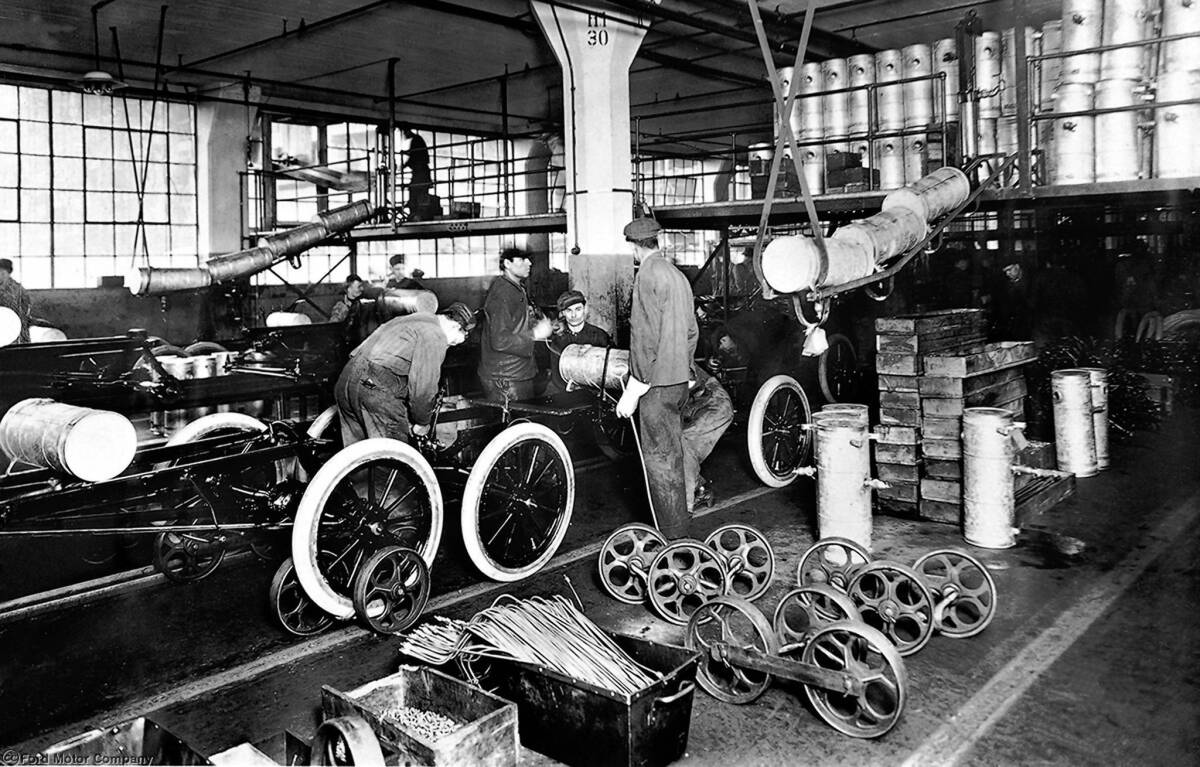Letters: Closing the wealth gap

- Share via
Re “Wealth gap only getting worse,” Column, Oct. 11
I agree with David Lazarus that we need a remedy to the wealth gap issue. But I cannot agree that we should raise the top marginal tax rate, which drives so many business decisions, including workforce size. Raising this rate would give the government more money to spend. That’s not the same as giving workers more money to spend, as Henry Ford did in 1914 when he decided to pay his workers a good wage.
Lazarus noted that last year, chief executives in the U.S. made 354 times what the average rank-and-file employee did, compared to 42 times the average worker’s earning only 30 years ago. That’s quite a change.
Let’s moderate that a bit and pick a multiplier of, say, 200. If a CEO cannot figure out how to pay his employees an average of more than one-half of 1% of his compensation, penalize that employer with taxes. Either increase disposable income for employees or rein in CEO pay — or both.
Dave McDonald
Glendora
Assuming that a more even spread of wealth is a worthwhile goal, it seems that there are two routes.
One, which Lazarus seems to favor, is for the government to shift that wealth via taxation. The other option is for a greater portion of the population to participate in the wealth production process. This means addressing both technology and globalization, forces that were not as present under either Dwight Eisenhower or FDR.
As measured by the percentage of college freshmen who require remedial math and English classes, our K-12 system has failed them and us.
This is forcing technology jobs offshore, which is easier now than under Ike due to increased globalization. This probably moves some of the wealth from North America to emerging markets, and that will continue.
Former Labor Secretary Robert Reich, whom Lazarus quotes, seems to think that we need more investment in infrastructure and education. Possibly, but we do need smarter investment.
Kevin Minihan
Los Angeles
Most Americans don’t have the knowledge of two key points Lazarus made: that “U.S. chief executives made an average of $12.3 million last year” and “Under Dwight Eisenhower, a Republican, the top marginal tax rate was 91%.”
The first statement is the problem; the second is the solution.
Gust Rouhas
Santa Barbara
ALSO:
Letters: Another view of e-cigarettes
Letters: Syria as a jihadist stronghold
Letters: Why the Jordanian option won’t work
More to Read
A cure for the common opinion
Get thought-provoking perspectives with our weekly newsletter.
You may occasionally receive promotional content from the Los Angeles Times.






